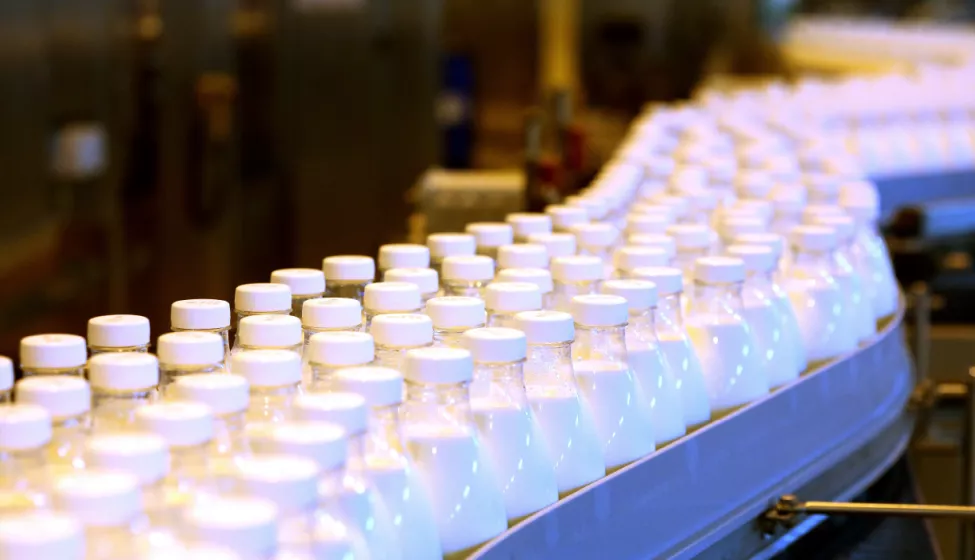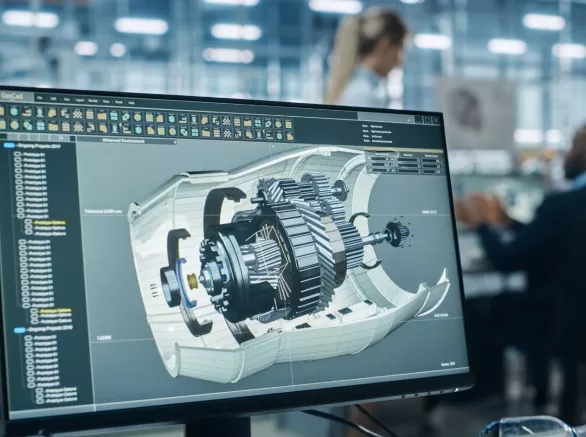October 10, 2022
Commission Regulation (EU) 2022/1616 on recycled plastics in food contact materials is now in effect
Recycled plastics can become contaminated through contact with other waste or materials during processing. If recycled plastics are used to manufacture food contact materials (FCMs), and this contamination is not removed, it may end up in our food.
The new EU Plastic Recycling Regulation (EU) 2022/1616 taking effect today aims to ensure the safety of recycled plastic intended to come into contact with food by authorising recycling processes shown to be effective in reducing contamination rather than authorising individual recycled end materials.
A harmonised regulation
The European Food Safety Authority (EFSA) has been evaluating the safety of recycling processes since 2010, particularly that of PET recycling processes, but national legislation has still been applicable to the use of these processes as well. The new regulation will ensure that all rules for authorisation and enforcement are now fully harmonised across EU member states, with a view to regulating all aspects relevant to the manufacture and safety of recycled plastics intended to be used for food contact.
Companies that recycle plastic intended for contact with food in the EU need to ensure full compliance with the new regulation.
The new regulation sets out rules for manufacturing plastic with recycled content to ensure the decontamination process leads to a product that is safe for use in contact with food. It requires that EFSA continue to assess recycling processes and authorise those that can produce safe plastics. It also sets out rules for quality control of the recycled plastic and includes a procedure that establishes whether novel recycling technologies are suitable to recycle plastic FCMs.
What's included & what's not
The new regulation describes a Union list that will include recyclers and recycling facilities that can perform plastic recycling processes suitable for FCMs. All kinds of recycled plastic and recycling technologies are in the scope of the regulation, including mechanical recycling, recycling of products from a closed and controlled product chain, the use of recycled plastic behind a functional barrier, and some forms of chemical recycling.
In the past, EU legislation on recycled plastic FCMs excluded several manufacturing technologies from its scope, but this is no longer the case. All FCMs containing plastic originating from waste or manufactured therefrom are subject to this regulation, including when using a chemical recycling technology.
The new recycling regulation does, however, exclude from its scope the use of waste to manufacture substances included in the Union list of authorised substances in accordance with Article 5 of Regulation (EU) No 10/2011 on plastic FCMs. These substances if manufactured via chemical recycling must be used according to the requirements of Regulation (EU) No 10/2011 and cannot contain oligomers or contaminants originating from the waste.
Changes still to come
Further changes will take effect in the next two years. From July 10, 2023, only recycled plastics produced using a suitable technology may be placed on the market unless they are made with a novel technology and in accordance with Chapter IV of the new regulation. The regulation lays down two suitable technologies:
- Post-consumer mechanical PET recycling (requiring authorisation of individual processes).
- Recycling from product loops in a closed and controlled chain (requiring the use of a recycling scheme).
From October10, 2024, quality assurance systems used to collect and pre-process plastic input need to be certified by a third party.
Further information and a full copy of Regulation (EU) 2022/1616 can be found on the European Commission website.
Companies that recycle plastic intended for contact with food in the EU need to ensure full compliance with the new regulation. Those using a process that is not presently authorised should consider performing a safety assessment under the procedure for establishing novel recycling technologies as suitable to recycle plastic FCMs.
How Exponent Can Help
With expertise in FCMs analytical chemistry, regulations, toxicology, and risk assessments gained from decades of experience, we can help clients collect relevant information and develop and submit dossiers to EFSA for evaluation and authorisation of new recycling processes.


